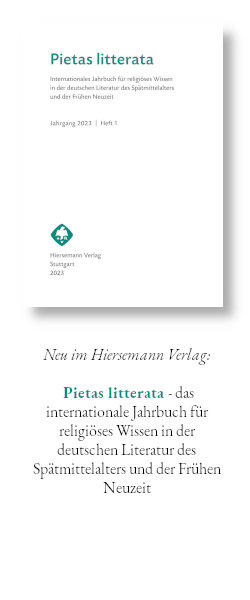Quae si non erant, qua consequentia dicitur quia erant?
La tradition grammaticale insulaire dans le De substantia nihili et tenebrarum de Fridugise de Tours
DOI:
https://doi.org/10.36191/mjb/2025-60-1-4Schlagworte:
Fridugisus of Tours, insular grammarians (corpus and res), nihil, tenebrae, Liber GlossarumAbstract
Luce Carteron: Quae si non erant, qua consequentia dicitur quia erant? Insular Grammatical Tradition in Fridugisus’ of Tours De substantia nihili et tenebrarum
The well-known De substantia nihili et tenebrarum sent by Fridugisus of Tours to Charlemagne in 800 has been analysed many times, but these works are generally not based on grammar. Yet in proving that the words nihil and tenebrae have an extra-mental referent, Fridugi-sus seems to draw on the insular tradition, which defined nouns as a corpus or a res, without necessarily distinguishing them from their referent. This article aims to shed new light on the reading of this text.
By developing the intuition formulated by S. Haverkamp in 2006, we could also add to the sources of Fridugisus’ demonstration a definition from the Liber Glossarum, which evokes the idea of nomen insub-stantiale. A study of the lexical networks innervating the definitions of nothingness and darkness confirms as well the importance of grammat-ical analysis to deepen our understanding of this text.


